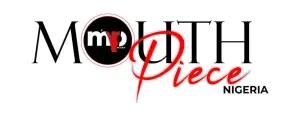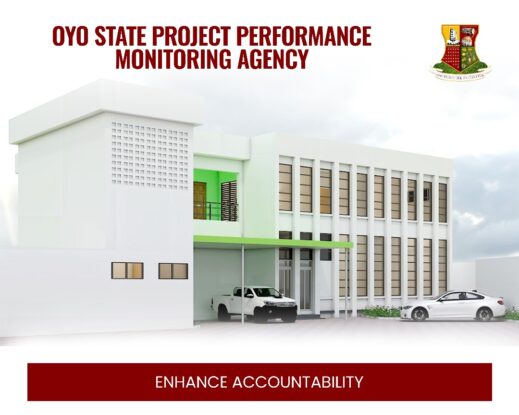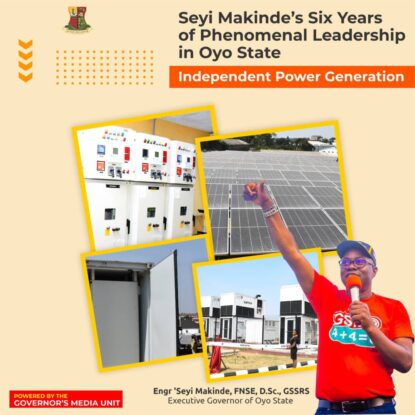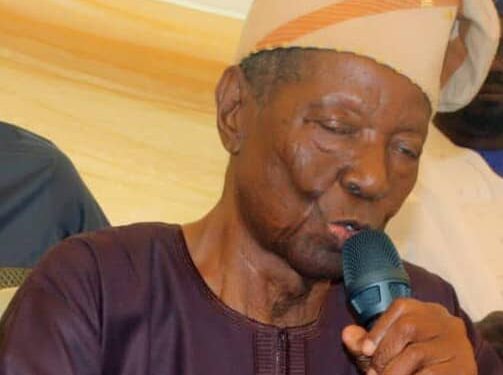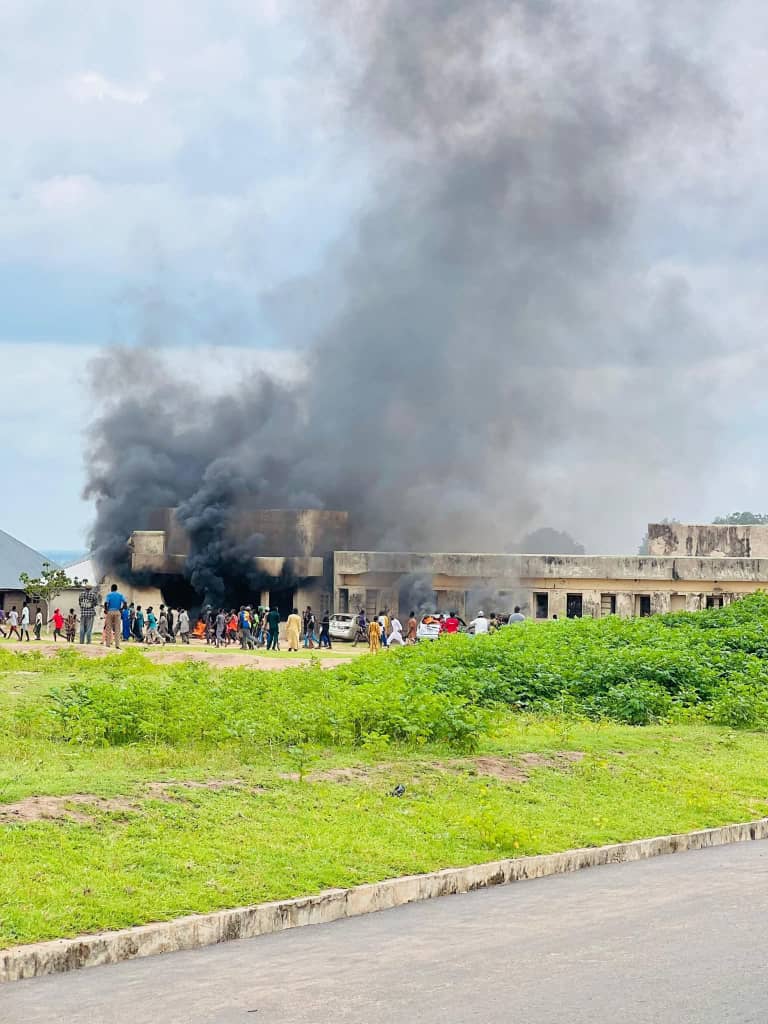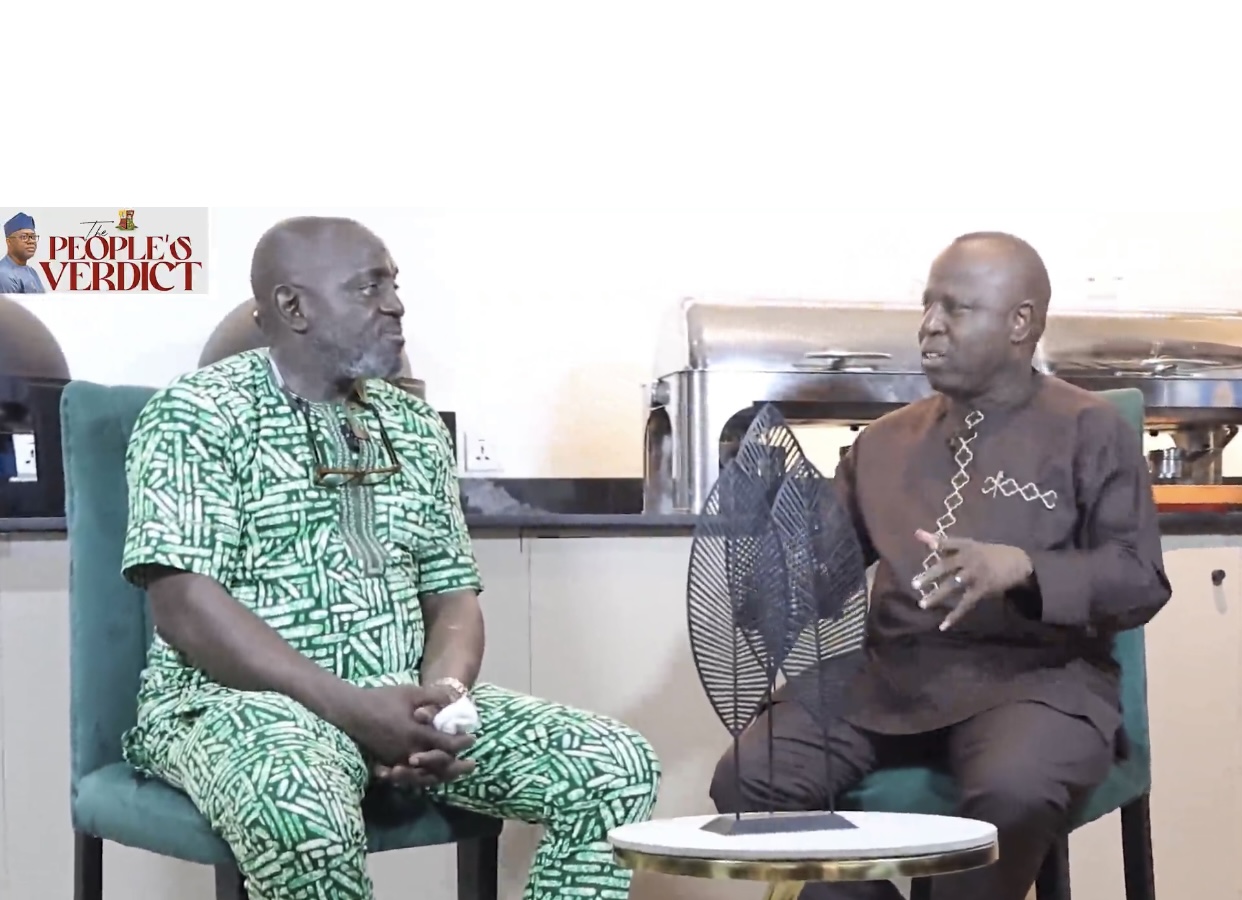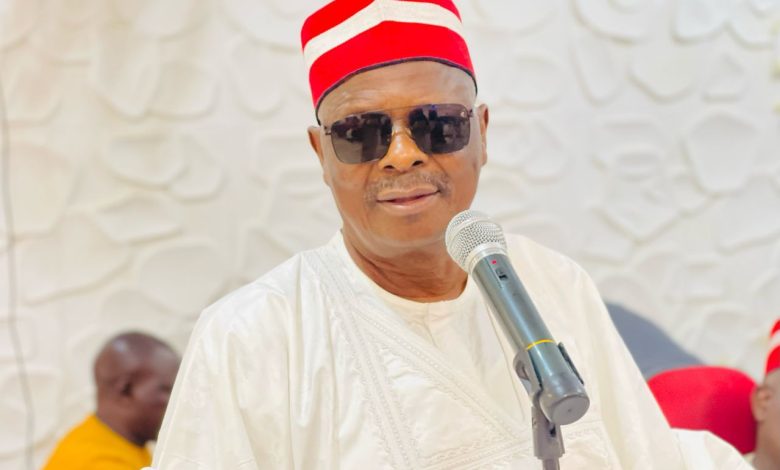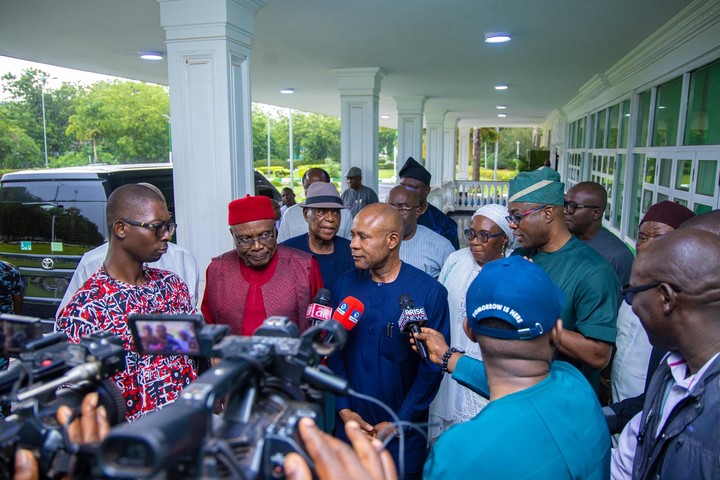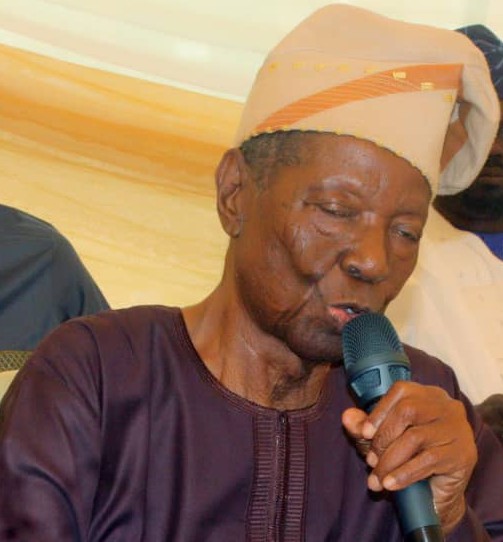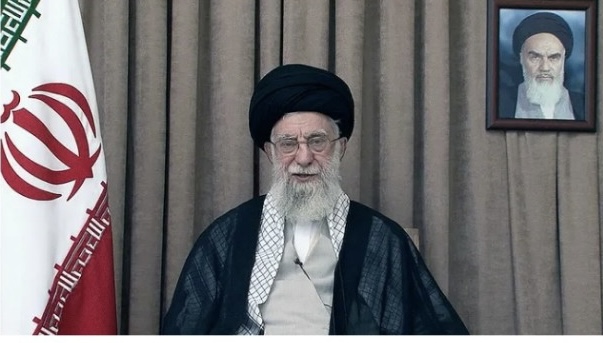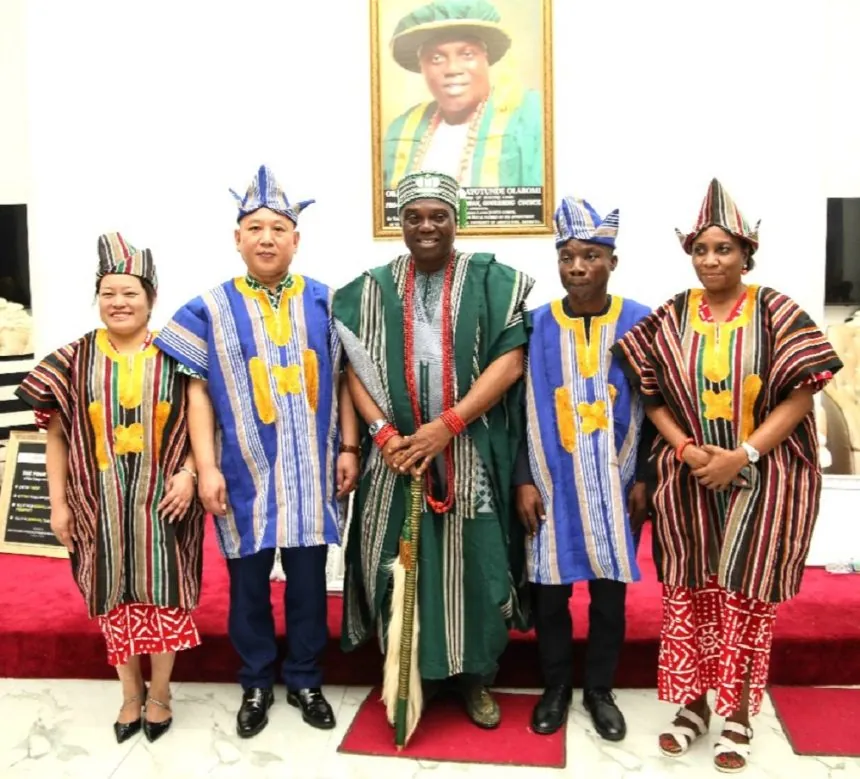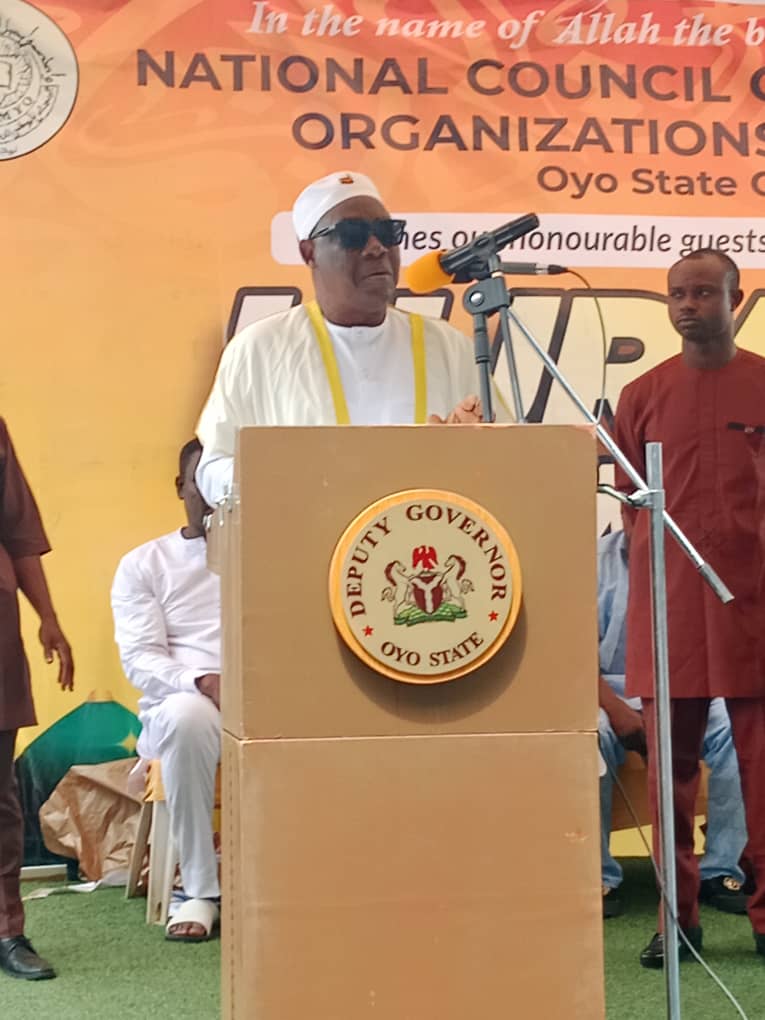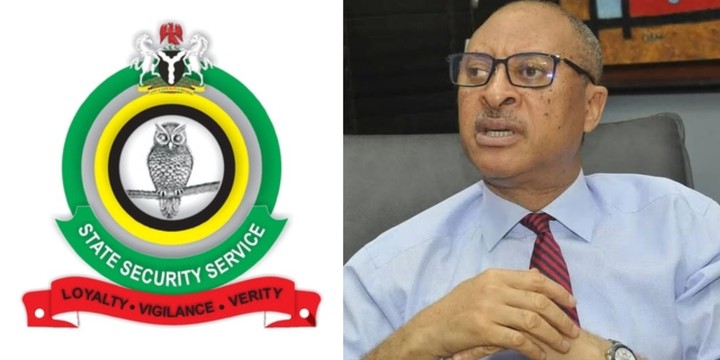DSS Sues Pat Utomi Over Creation Of ‘Shadow Govt’, Alleges Plot To Usurp Tinubu’s Authority
The Department of State Services (DSS) has filed a suit at the Federal High Court in Abuja against Professor of Political Economy, Pat Utomi, accusing him of attempting to usurp the executive powers of President Bola Tinubu through the establishment of a so-called “shadow government.”
According to Vanguard, in the suit, marked FHC/ABJ/CS/937/2025, the DSS alleges that Utomi—who was the African Democratic Congress (ADC) presidential candidate in the 2007 election—engaged in activities capable of destabilising the country and posing a threat to Nigeria’s constitutional order.Travel guides
The secret police, represented by a team of lawyers led by Senior Advocate of Nigeria (SAN), Akinlolu Kehinde, contended that the creation of a shadow cabinet by Utomi constituted “a grave attack on the Constitution and a threat to the democratically elected government that is currently in place.”Travel guides
The DSS said, “The ‘shadow government’ or ‘shadow cabinet’ is an unregistered and unrecognised body claiming to operate as an alternative government, contrary to the provision of the Constitution of the Federal Republic of Nigeria, 1999 (as amended).”
The agency argued that Utomi’s public announcement of a parallel ministerial cabinet amounted to a deliberate attempt to “mimic executive authority,” noting that his shadow cabinet includes individuals assigned to portfolios such as the Ombudsman and Good Governance (headed by Dele Farotimi), as well as a Policy Delivery Unit and Council of Economic Advisers.Travel guides
“While inaugurating the ‘shadow cabinet’, the defendant stated that it is made up of the Ombudsman and Good Governance portfolio to be manned by Dele Farotimi; the Policy Delivery Unit team consisting of Oghene Momoh, Cheta Nwanze, Daniel Ikuonobe, Halima Ahmed, David Okonkwo and Obi Ajuga; and the council of economic advisers,” the DSS stated.
The DSS warned that if left unchecked, the initiative “may incite political unrest, cause intergroup tensions and embolden other unlawful actors or separatist entities to replicate similar parallel arrangements,” thereby posing a “grave threat to national security.”
Citing Sections 1(1), 1(2), and 14(2)(a) of the 1999 Constitution, the agency argued that only governmental structures established through constitutional means and democratic elections are legitimate in Nigeria.Travel guides
It is seeking a declaration from the court that the shadow cabinet is “unconstitutional, null, and void.”
The agency also asked the court for a perpetual injunction restraining Utomi and his associates from “further taking any steps towards the establishment or operation of a ‘shadow government’, ‘shadow cabinet’ or any similar entity not recognised by the Constitution.”
In an affidavit accompanying the suit, the DSS described itself as the country’s principal domestic intelligence and security agency tasked with preventing subversive threats.
It stated that intelligence gathered shows Prof. Utomi’s actions “pose a clear and present danger to Nigeria’s constitutional democracy.”Travel guides
“The defendant, through public statements, social media, and other platforms, has announced the formation of this body with the intent to challenge the legitimacy of the democratically elected government of Nigeria,” the DSS asserted.
It further claimed that government officials, including the Minister of Information, had made efforts to dissuade Utomi from continuing with what it described as an unconstitutional path, but that “the defendant has remained defiant.”
“The Federal Government of Nigeria has made several efforts to engage the defendant… but the defendant has remained defiant. It is in the interest of justice, national security, and the rule of law for this honourable court to declare the existence and operations of the defendant unconstitutional and illegal,” the DSS stated.Travel guides
No date has been fixed for the hearing of the suit.
Omoyele Sowore, a former presidential candidate of the African Action Congress (AAC), earlier dismissed the move by Utomi and some other opposition elements to form an alternative “shadow government” as a sign of opposition weakness.
Speaking during an interview on Inside Sources, a current affairs programme aired on Channels Television, Sowore questioned the practicality and effectiveness of such a formation.
The activist noted that it does little to address the pressing socio-political and economic issues facing Nigerians, adding that an existing shadow government cannot be replaced with another shadow government.
“How do you replace a shadow government with another set of shadowy government?” Sowore asked rhetorically.
He however clarified, “I will not begrudge anybody who provides a solution that can bring awareness to the people to the point that they are pushed to do something about their social, political and economic conditions.
“But I do not think that setting up a government with names of people who called themselves a shadow government makes any difference.”
